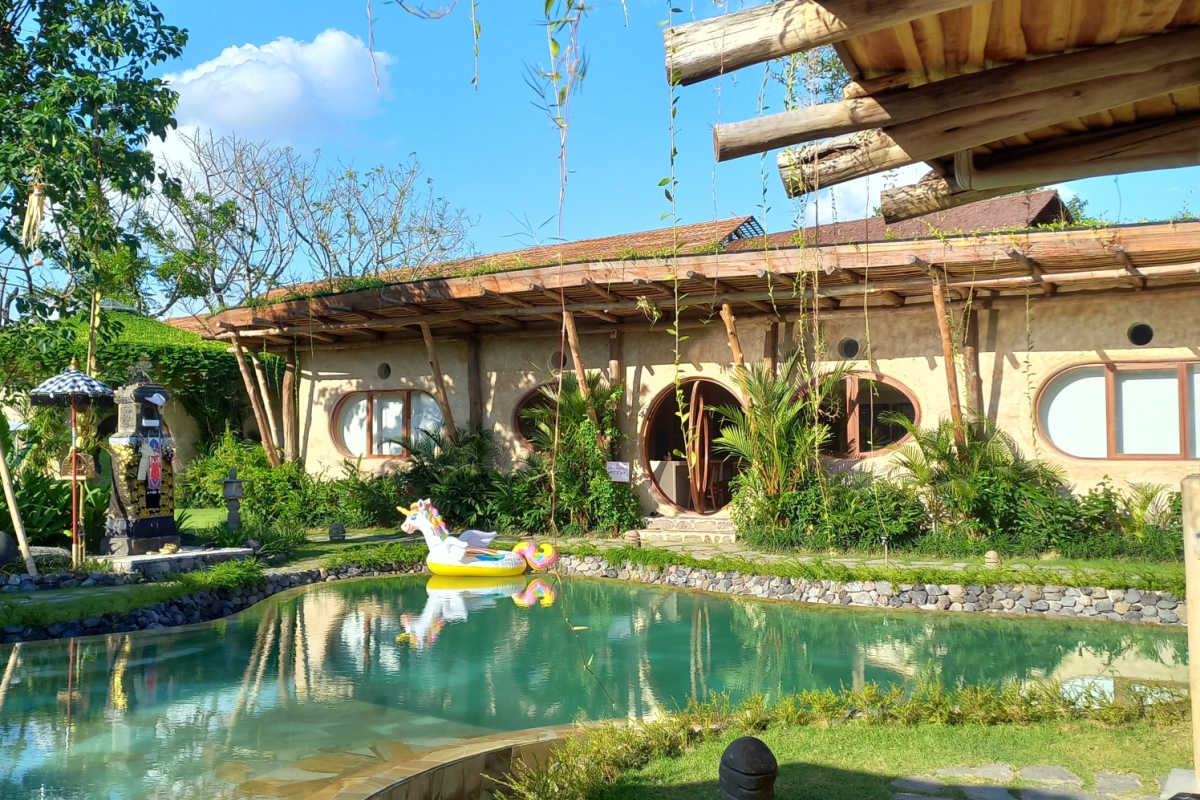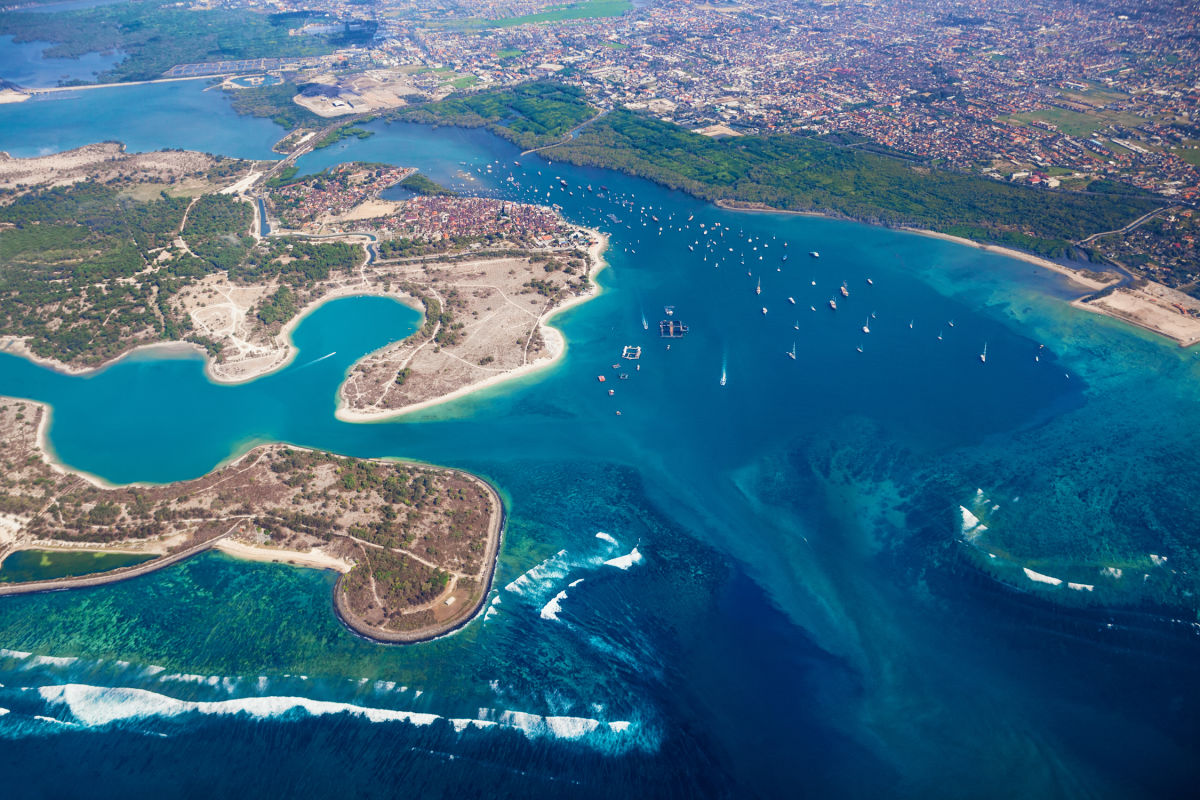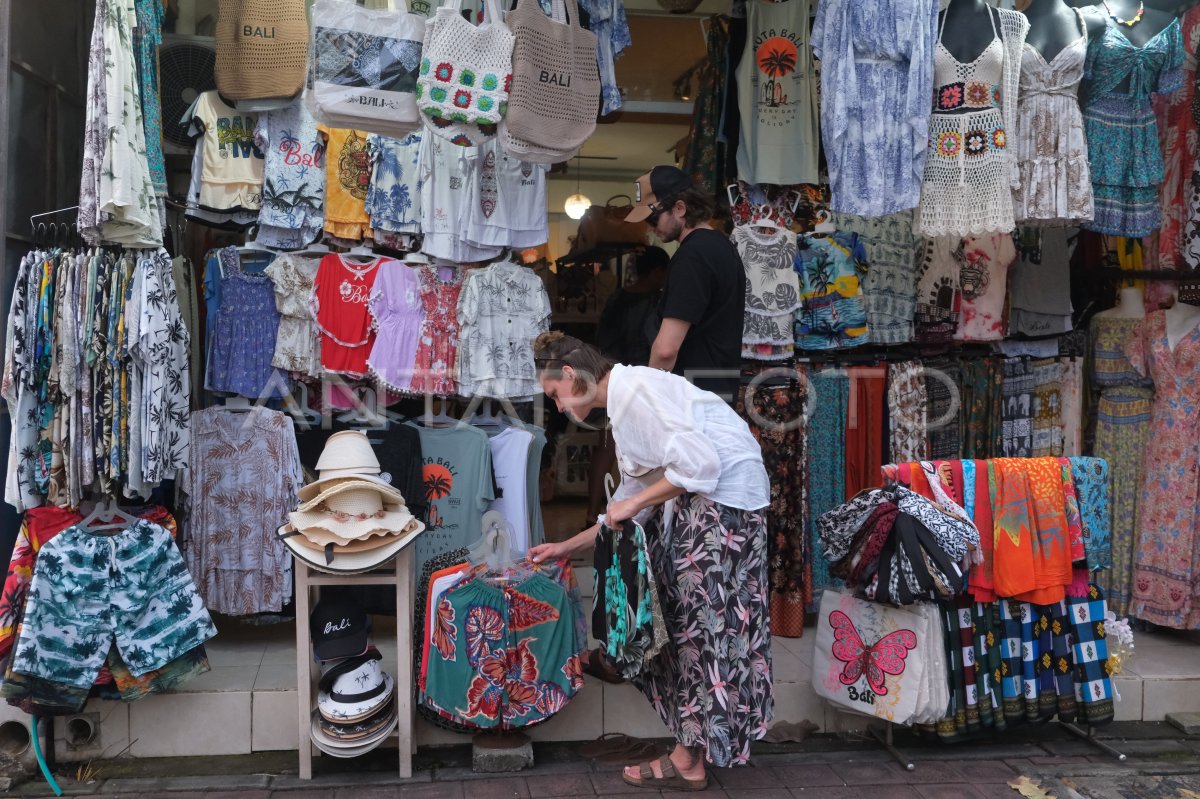 Chiang Mai, with its big city amenities, relaxed vibe, and access to stunning scenery, has become a favourite for remote workers. Matous Vins/Shutterstock
Chiang Mai, with its big city amenities, relaxed vibe, and access to stunning scenery, has become a favourite for remote workers. Matous Vins/ShutterstockNot so long ago, trading an office desk for a beachfront villa in Phuket or a coworking space in Bali felt like a far-fetched fantasy. Today, the rise of digital nomads has redefined remote work, transforming cities, resort towns, and real estate markets across Asia.
Governments are now racing to attract this mobile workforce with tailored visa programmes designed to lure global professionals. From Thailand’s Destination Thailand Visa (DTV) to Indonesia’s long-awaited Remote Worker Visa, the competition is heating up—driving innovation in housing, infrastructure, and local economies.
“Asia is rewriting the rulebook to attract a new kind of global citizen—digital nomads who want flexible visas, affordable rentals, and community-driven spaces. It is a race to build policies and places that match their lifestyle,” says Bill Barnett, managing director of C9 Hotelworks.
Thailand’s DTV, introduced in 2024, offers five-year stays with multiple 180-day entries, opening the door for long-term remote workers. Indonesia’s Remote Worker Visa (E33G Programme) provides a streamlined path for nomads seeking extended stays in popular destinations like Bali and Lombok.
South Korea’s Workation Visa, meanwhile, takes a different approach, offering two-year residencies to families and professionals with significant earning power. Malaysia’s DE Rantau Nomad Pass has also gained traction, strengthening hubs like Penang and Kuala Lumpur by attracting mid- to high-income remote workers.
Asia is rewriting the rulebook to attract a new kind of global citizen—digital nomads who want flexible visas, affordable rentals, and community-driven spaces
“The rental market serves as the primary source of income for most real estate agencies,” says Marciano Birjmohun, vice chairman of the Singapore-Thai Chamber of Commerce. “There is a steady stream of digital nomads seeking affordable rental options, often priced significantly lower than in their home countries.”
This surge in demand has created ripple effects across Asia’s real estate markets.
Developers are also tapping into the growing appeal of co-living spaces, offering community-centric, sustainable housing tailored to the needs of remote workers. In Phuket, HOMA integrates coworking areas, communal kitchens, and eco-conscious amenities like solar panels and waste management systems. Its design encourages long-term stays and community engagement, with networking events, wellness programmes, and visa support for international residents. Similarly, lyf properties in Singapore and Japan reimagine urban living by combining short-term leases with features like bike-sharing stations, social kitchens, and on-site gardens.
 From Thailand’s Destination Thailand Visa (DTV) to Indonesia’s long-awaited remote worker visa, the competition to attract digital nomads is heating up. Machekhin Evgenii/Shutterstock
From Thailand’s Destination Thailand Visa (DTV) to Indonesia’s long-awaited remote worker visa, the competition to attract digital nomads is heating up. Machekhin Evgenii/Shutterstock“We aim to be the community hub in every location we’re in, integrating our guests into the fabric of local life,” says Adeline Phua, managing partner of lyf.
While major hubs continue to attract the lion’s share of digital nomads, a quieter shift is underway. Secondary destinations such as Chiang Mai and Lombok are gaining momentum, offering flexibility and affordability. In Chiang Mai, monthly expenses average just USD1,125, while reliable internet speeds of 100Mbps provide essential connectivity for remote workers. Moreover, although smaller in its nomadic community, Lombok appeals to those seeking a tranquil and cost-effective alternative to bustling hubs like Bali.
The Asia-Pacific co-living market, projected to grow at a compound annual growth rate (CAGR) of 17.9 percent through 2025, underscores the rising demand for flexible, community-driven housing. These trends reflect how secondary destinations are carving out a niche in the digital nomad landscape, blending affordability, flexibility, and community-focused living.
“The DTV scheme in Thailand has created an influx of budget-conscious users with variable income streams,” Birjmohun says. “The rental market will continue to benefit in the low- to middle-segment, but digital nomads often lack the means or intention to acquire property long-term—that’s why they are ‘nomads,’ people who move from place to place.”
Indeed, this influx presents unique challenges for developers and policymakers. Affordability remains a significant concern, as price-sensitive nomads often limit their broader economic impact, Birjmohun adds. For developers, the challenge lies in catering to this demographic while maintaining profitability in markets dominated by luxury developments.
Infrastructure strain is another issue, particularly in island destinations like Bali and Phuket. Barnett notes Phuket’s rapid growth, with 14,000 new hotel rooms expected over the next five years, many incorporating real estate components.
“Real estate components will capture demand from long-stay visitors,” he explains. “But careful planning will be essential to avoid further stress on local resources and the environment.”
The changing demographics of digital nomads—now including families, retirees, and entrepreneurs—are also driving demand for international schools, healthcare, and family-friendly amenities. Developers are responding by blending community-centric housing with tailored services, meeting the needs of this evolving demographic, according to Barnett.
Beyond housing, digital nomads are fuelling local economies by spending in co-working spaces, cafés, and gyms. Many also launch start-ups, creating jobs and forging connections with local suppliers. lyf’s Sustainafest, for example, showcases local entrepreneurs and community businesses, amplifying grassroots economic benefits.
“We support community enterprises and start-ups by showcasing their concepts in our spaces,” says Phua.
Indeed, the influence of digital nomads extends far beyond rental markets and coliving spaces. Their presence energises local economies, fosters entrepreneurship, and forges meaningful connections between global citizens and local communities. But their influx also raises pressing challenges for developers and policymakers, from managing affordability to embedding sustainability into urban planning.
As secondary destinations gain momentum alongside established hubs, Asia can lead by example—crafting systems that balance the needs of nomads with those of local communities. By fostering collaboration and innovation, the region can ensure this transient workforce contributes meaningfully to the places they call home, even if only temporarily.
This article was originally published on asiarealestatesummit.com. Write to our editors at propertyreport@propertyguru.com.
Don't just visit Bali, experience it! This weekly “Bali Travel & Real Estate News” summary is your key to unlocking a richer, more informed journey.
Tune in each week and discover how to make the most of your time in paradise.
______________________
Last Weeks Bali News
___________________




East Bali is emerging as a must-visit travel hotspot for 2025, with regional leaders setting bold tourism goals for the coming year.

 Indonesia, stunning archipelago, with a rich culture, beautiful landscapes, and warm people. The country still remains one of India’s favorite destinations. However, getting an Indonesia visa does seem to be quite cumbersome. It is in this context that this article brings you the most crucial information related to the
Indonesia, stunning archipelago, with a rich culture, beautiful landscapes, and warm people. The country still remains one of India’s favorite destinations. However, getting an Indonesia visa does seem to be quite cumbersome. It is in this context that this article brings you the most crucial information related to the This Weeks Special Real Estate Deal
____________________
Special Offer: Stunning Bali Villa
at IDR 4.8M –
Reduced for Quick Sale!
Prime Location Across Hyatt Regency:
Luxurious Features with Endless Comfort
Built in 2002, the villa spans 250 sqm on 550 sqm of land, featuring a private eight-meter swimming pool, a spacious garage, and beautifully designed interiors that reflect meticulous craftsmanship.
Last Weeks Bali News
Controversy Sparked In Bali After Famous Tourist Beach Renamed On Google Maps
Leaders in Bali have been forced to issue media statements after it appeared that Serangan Beach had been renamed.

A Bali Feast to Celebrate the Chinese New Year
Celebrating Chinese New Year in Bali – The Year of the Snake
As we like to say, "every day is a holiday in Bali"—and this week was no exception.
How Our Family of four Saved Tens of Thousands on Luxury Travel Over the Past Nine Years
Traveling as a family isn’t cheap—especially when all members are considered adults.
Sanur use to be called Snoor but not anymore.
Sanur on Bali's East Coast is going to be feeling its new glow-up in 2025.
With the new Bali International Hospital set to open its doors in a matter of months, Sanur has undergone a huge transformation in the last three years, and in 2025, everything is about to fall into place.
A Bird Lover's Paradise: Our Bali Family Adventure at Bali Bird Park
Up Close and Personal with Bali's Fine Feathered Friends
Bali economy 2024 positive growing better than predicted

Indonesia's Offical Inflation for 2024 at 2.6 % is more than Half of Global Inflation Rate 5.76 %
One piece of sunshine during this rainy season is the fact that Indonesia's official inflation rate for 2024 was only 2.6 percent.
Ever dreamed of Retireing in Bali?
Now You Can
Are you dreaming of a tranquil visit, retirement or a second home in paradise?
.jpg) |
Brand new Bali Luxury Retirement Villas starting at 4,000,000 IDR per MTH |
Bali, with its stunning landscapes, rich culture, and warm hospitality, is the perfect destination.
Whether you're looking for a luxurious villa with ocean views or a charming traditional home nestled in the rice paddies, we can help you find your ideal property.
With over 20 years of experience in Bali real estate, our team has the expertise and local knowledge to guide you through the entire process, from finding the perfect location to securing the best possible price.
Why Choose Us?
- Established and Trusted: We've been assisting individuals and couples like you since 2004.
- Extensive Network: We have access to a wide selection of villas, homes, and land for sale or rent.
- Award-Winning Properties: Our portfolio includes some of Bali's most prestigious developments.
- Unparalleled Service: Our dedicated team provides personalized support every step of the way.
Ready to Explore Your Options?
Contact us today for a complimentary consultation. We'll be happy to answer your questions and help you discover the perfect Bali property to suit your lifestyle and budget.
Call us in English or Bahasa Indonesian
1. Head Office + 62-361-284069
2. Xander Ashton + 62 811-3890-507






.jpg)



No comments:
Post a Comment